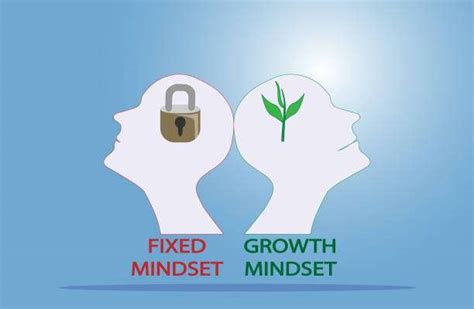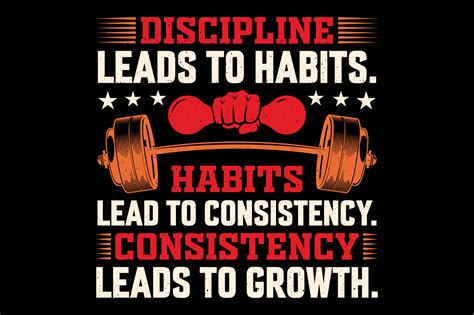Procrastination is a silent saboteur, often whispering promises of tomorrow while today’s opportunities slip away. For men, this battle frequently manifests in two critical areas: fitness and finance. Both demand consistent effort, discipline, and a long-term perspective, yet many find themselves stuck in a loop of delaying essential actions. The good news? Conquering this isn’t about willpower alone; it’s fundamentally about cultivating the right mindset.
The Roots of Procrastination in Men
Why do men procrastinate on something as vital as their physical health or financial stability? Often, it stems from a combination of factors: feeling overwhelmed by the sheer scale of the task, a lack of clear direction, fear of failure, or simply prioritizing immediate gratification over future benefits. The gym membership remains unused, investment accounts sit untouched, and healthy eating habits are perpetually “starting next week.” Breaking this cycle requires a shift from passive wishing to active, strategic thinking.

Cultivating a Vision-Driven Mindset
One of the most potent antidotes to procrastination is a crystal-clear vision. Men who conquer these challenges don’t just “want to get fit” or “save money”; they envision a specific future. For fitness, this might be running a marathon, lifting a certain weight, or simply having the energy to play with their kids without exhaustion. For finance, it could be a debt-free life, early retirement, or funding a child’s education. This vivid, emotionally resonant vision acts as a constant motivator, pulling you forward even when immediate tasks feel daunting.
- Define Your “Why”: Understand the deep, personal reasons behind your goals.
- Visualize Success: Regularly imagine yourself achieving these outcomes, feeling the associated emotions.
- Set Specific, Measurable Goals: Vague goals lead to vague actions. Be precise.
Embracing the Power of Small, Consistent Steps
The monumental feeling of a large goal can paralyze action. A conquering mindset breaks down these giants into manageable, bite-sized tasks. Instead of committing to an hour at the gym, commit to 15 minutes. Instead of saving a huge lump sum, automate a small, regular transfer. This approach, often called Kaizen, emphasizes continuous improvement through incremental changes. The cumulative effect of small, consistent actions far outweighs sporadic, intense bursts of effort followed by burnout.

Focus on Process, Not Just Perfection
The pursuit of perfection is a common procrastination trap. Men often wait for the “ideal” conditions – the perfect diet, the perfect market timing, the perfect workout plan – before starting. A proactive mindset understands that consistent effort, even imperfect effort, trumps perfect inaction. Focus on showing up, doing the work, and learning from mistakes rather than letting the fear of imperfection prevent any progress at all.
Building Accountability and Ownership
Taking ownership of one’s decisions and seeking accountability are hallmarks of a mindset that conquers procrastination. This might involve:
- Public Declaration: Sharing your goals with a trusted friend, partner, or mentor.
- Accountability Partners: Teaming up with someone who has similar goals for mutual support.
- Tracking Progress: Monitoring your fitness routines, spending habits, or savings growth. Seeing tangible progress reinforces positive behaviors.
When you own your journey, setbacks become learning opportunities rather than reasons to quit. This fosters resilience, another critical component of overcoming procrastination.

The Long Game: Delayed Gratification and Resilience
In a world of instant gratification, training your mind for delayed gratification is a superpower. Understanding that the efforts you put in today will yield significant rewards in the future—be it a healthier body, financial independence, or peace of mind—is crucial. This long-term perspective inoculates against the urge to quit when progress seems slow or challenges arise.
A resilient mindset views obstacles not as roadblocks, but as opportunities to adapt and grow. Missed a workout? Fine, get back on track tomorrow. Made a financial misstep? Analyze it, learn, and adjust your strategy. It’s about cultivating a growth mindset where every experience, good or bad, contributes to your eventual success.

Conclusion: The Mindset of the Conqueror
Conquering procrastination in fitness and finance isn’t about some inherent trait; it’s a skill developed through consistent mental training. By cultivating a clear vision, embracing small but consistent steps, prioritizing process over perfection, building strong accountability, and adopting a long-term, resilient perspective, men can fundamentally transform their approach to these vital aspects of life. The journey begins not with a grand gesture, but with a simple, conscious decision to change the way you think.





